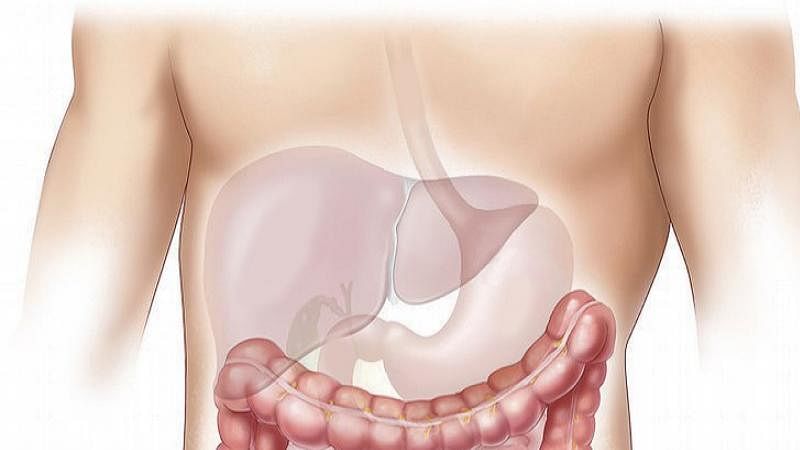Highly accurate non-invasive test for liver diseases developed

Researchers have created a liquid biopsy test, which uses two circulating proteins, to test for major liver diseases. The test was found to be highly accurate, sensitive, and specific for both NASH and liver fibrosis.
For the first time, a non-invasive test will allow for the determination of staging of both diseases without recurring invasive liver biopsy.
According to the findings published in the journal Gut, non-alcoholic steato-hepatitis (NASH) is the most severe form of non-alcoholic fatty liver disease (NAFLD) and is diagnosed in approximately 60 per cent of NAFLD patients.
Opinion related news
Smallest nuclear war would devastate ocean systems World population to hit 8 bn this year: UN Webb space telescope opens door to discoveries still unimaginedNASH puts people at risk of progressing to advanced liver diseases such as liver fibrosis, cirrhosis, and liver cancer.
NAFLD affects approximately 52 million people in Europe and 64 million people in the US, costing $138 billion annually to the European and US healthcare systems combined.
Currently, NASH can only be diagnosed with invasive liver biopsy, which is the standard of diagnosis, but is expensive and has co-morbidities and complications.
There is also no reliable blood (i.e. liquid biopsy) tests for the diseases because of low sensitivity and specificity. Current blood tests are also unable to reliably predict NASH and fibrosis staging.
Professor Geltrude Mingrone, from King's College London and Catholic University of Rome, Italy, looked to find a more accurate liquid biopsy test.
The paper, published in the leading journal Gut, identified two protein biomarkers -- PLIN2 and RAB14 -- that were used as part of an algorithm to identify people with NASH and/or liver fibrosis.
The ability of these proteins to detect NASH was tested in cohorts of people with either biopsy-confirmed NASH or liver fibrosis.




